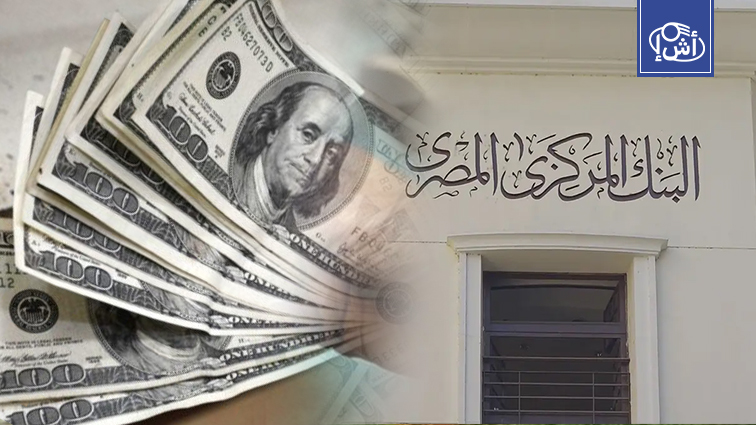The Egyptian government recently moved to oblige ministries to give up their dollar balances to the Central Bank in exchange for the Egyptian pound, with the exception of immediate dollar payment obligations.
According to Karim El-Omda, professor of international economics, this decision aims to increase the state’s cash reserves, and is a sound step to support the Egyptian economy.
The mayor explained that there are several government companies and ministries that achieve dollar revenues and profits, such as the Suez Canal, the Ministry of Electricity, and the Phosphate Production Company, which means that waiving these dollar revenues will contribute to increasing the state’s cash reserves, especially since the government has pledged to provide dollar supplies to these entities to ensure the continuity of… It worked without a hitch.
The mayor pointed out the need to take similar measures with schools and universities that receive tuition fees in dollars, as these institutions cause an increase in demand for the dollar in the parallel market, which weakens the government’s efforts to control the black market and negatively affects the Egyptian economy.
In this context, the government continued its efforts to control the movement of the dollar in the parallel market after unjustified rises that brought prices to unprecedented levels as a result of intensified speculation. The security campaigns, along with some positive economic news and raising interest rates, succeeded in achieving noticeable declines in the price of the dollar on the black market.
The noticeable decline in the price of the dollar in the parallel market came after information was received about the imminent entry of huge dollar liquidity during the coming period from some projects that are being prepared with some new investments. In addition, the Central Bank issued a decision to raise interest rates by 2%, which contributed to the decline in the price of the dollar.
Egypt records its lowest population growth rate in half a century
